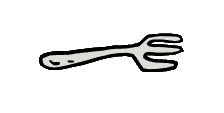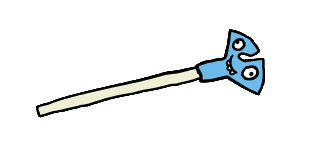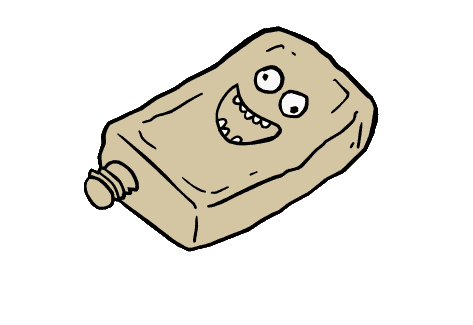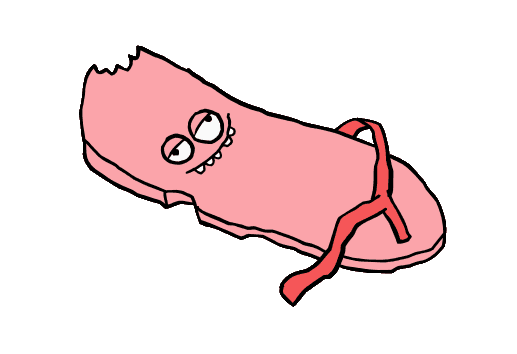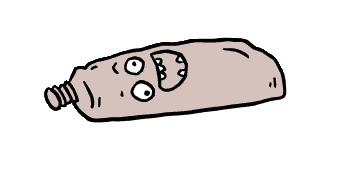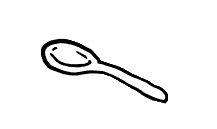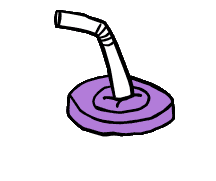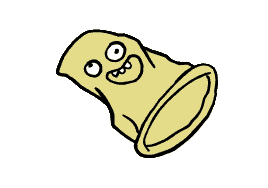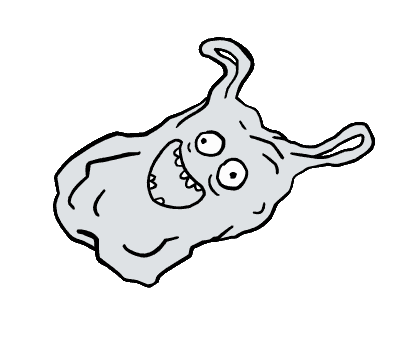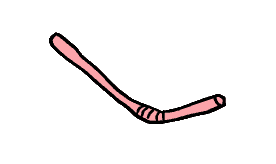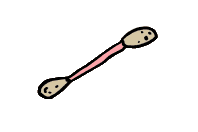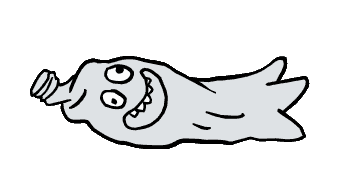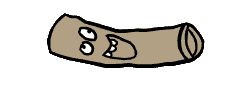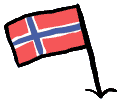Municipal deposit return systems
Some German municipalities have actively promoted the introduction of a returnable cup deposit system and supported it in various ways:
- The Hanseatic City of Greifswald aided the adoption of a deposit cup system by paying the system fee for participating partners for a one-year test period. This made Greifswald a pioneer throughout Germany.
- The City of Hamburg set itself the goal of introducing a city-wide returnable cup system in 2018 and was looking for a private operator. Companies were invited to submit their concept for a privately supported deposit-based cup system via public tender. The start-up financing was a one-time payment of up to EUR 30,000. In addition to long-term economical operation, ecological and functional aspects were also important criteria for the application.
- With the campaign “Refill instead of throwing away”, the Hanseatic and University City of Rostock calls on locals and tourists alike to avoid waste and to make the city cleaner. For example, school canteens and the Rostock sailing club RSC 92 were equipped with reusable cups. The Rostock tram operator also received 100 returnable cups from the city administration for tram drivers to avoid the use of disposable cups. In addition, the city’s Waste Regulations request the priority use of reusable tableware at events and in public spaces.
- With the Hannoccino cup, Hannover has the largest municipal deposit system for reusable cups in Germany. The local waste management company designed the cup together with a media agency and recommended it to all citizens through a big advertising campaign. The Hannoccino mug mainly consists of biopolymers, natural resins, cellulose and natural reinforcing fibers. It is food safe and dishwasher safe. The reusable cup is therefore also biodegradable at the end of its lifecycle if managed in the appropriate facilities. It exists in two practical sizes both with matching lids and is used mainly for coffee and tea. The mugs are available at over 180 exchange offices for a deposit of 2 euros. The customer must then return it at the nearest exchange office, found on the website through their map.



